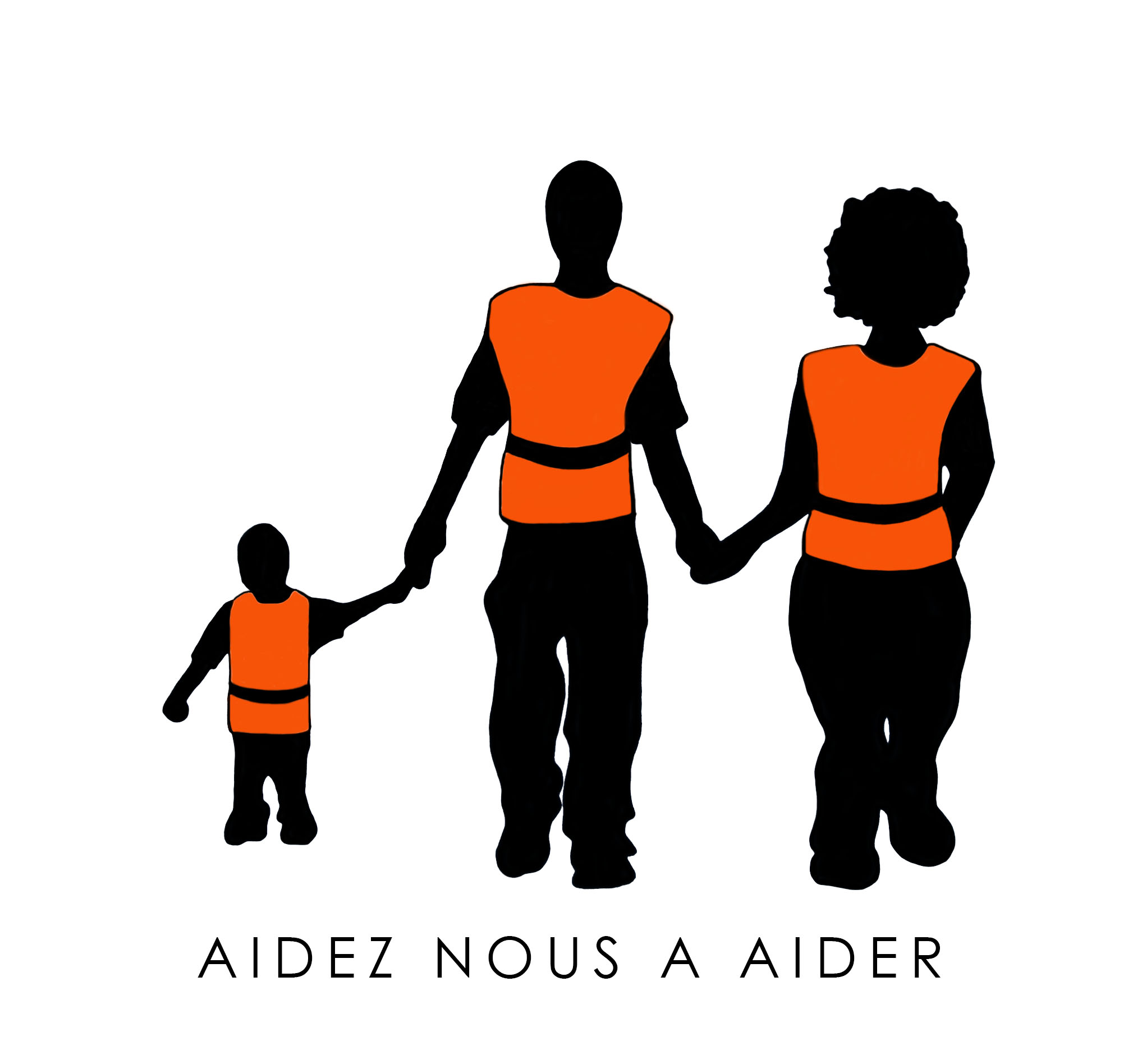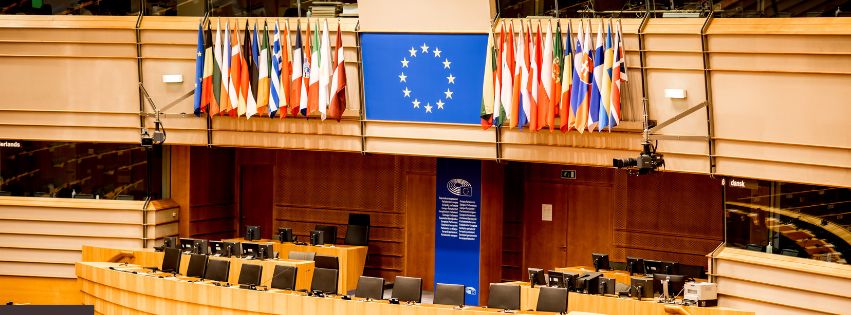At its core, the European Migration Pact embodies a critical juncture for Europe, where the intricate interplay of political agendas and humanitarian obligations converges. Emerging from the tumult of the 2015 refugee crisis, this transformative initiative epitomizes a concerted effort to reframe Europe’s migration strategy. With divergent interests and values shaping the discourse, the pact symbolizes a collective endeavor to navigate the complexities of migration, acknowledging both the imperative of border security and the moral obligation to extend solidarity to refugees. As it nears its final vote in Brussels, the pact stands as a watershed moment, poised to reshape the trajectory of European migration policy and chart a course towards a more equitable and humane approach.
Amidst the mounting challenges posed by migration flows, the European Migration Pact has taken shape against the backdrop of escalating pressures. Triggered by the inadequacies of the Dublin Regulation, which since 2013 had placed the onus of asylum processing on initial EU entry points like Greece and Italy, the need for a comprehensive overhaul became glaringly apparent. The ensuing chaos laid bare the necessity for a cohesive and fair migration framework that could foster collaboration and equitable distribution of responsibilities among all member states of the European Union.
The European Migration Pact, heralded as a landmark initiative to overhaul the continent’s migration policies, has encountered a barrage of skepticism and scrutiny from a human rights perspective. While proponents tout its potential to streamline processes and foster greater solidarity among member states, critics argue that the pact’s emphasis on border control and crisis management could imperil the lives of countless asylum seekers, placing them in harm’s way and undermining their fundamental rights.
The core of the discourse revolves around the inherent conflict between the necessity of border management and the moral imperative to safeguard the rights and dignity of migrants. Opponents, including prominent human rights entities and advocacy organizations, argue that the proposed measures within the pact, such as accelerated border processing and crisis response protocols, could unintentionally erode the ability of individuals to exercise their fundamental right to seek asylum in a manner that is both secure and respectful of their humanity. This heightened emphasis on rapid processing over comprehensive evaluation of asylum claims raises significant concerns about the potential for erroneous deportations and the risk of refoulement, a scenario where individuals are forcibly returned to countries where they may face persecution or violence. Such expedited procedures, critics argue, heighten the likelihood of overlooking vital nuances in individual cases and increase the probability of grave errors that could have life-threatening consequences for vulnerable asylum seekers.

Also Read: What challenges do undocumented Migrant Children face?
Increased risk of human rights violations and pushbacks can occur due to several factors:
De facto detention of migrants at borders, without adequate facilities or legal safeguards, poses a significant risk of human rights abuses and violations. In these situations, migrants often endure overcrowded and deplorable conditions, deprived of essential necessities like shelter, food, and healthcare. The absence of proper oversight and accountability can exacerbate the vulnerability of these individuals, leaving them susceptible to exploitation, mistreatment, and neglect. Moreover, prolonged detention in such conditions can have profound psychological and physical impacts, further eroding the dignity and well-being of already marginalized populations seeking refuge.
Accelerated asylum procedures, while intended to streamline the processing of asylum claims, carry the inherent risk of overlooking crucial details in individuals’ narratives, potentially resulting in wrongful rejections or deportations. The haste in evaluating asylum claims can undermine the fundamental right to a fair and comprehensive assessment, denying individuals the opportunity to present evidence, gather supporting documentation, or adequately articulate their reasons for seeking protection. Moreover, the pressure to expedite decisions may incentivize officials to prioritize efficiency over accuracy, further jeopardizing the integrity of the asylum process and placing vulnerable individuals at heightened risk of being returned to situations of persecution or harm.
The emphasis on return procedures in the European Migration Pact raises concerns about the potential for unjust deportations and violations of individuals’ rights, particularly in cases where due process and safeguards are insufficiently upheld. By prioritizing expedited returns, there is a heightened risk of individuals being deprived of their right to fair legal proceedings, including access to legal representation and the opportunity to appeal adverse decisions. Without adequate safeguards in place, individuals may face arbitrary or erroneous deportation orders, leading to the forcible removal of individuals who may be entitled to international protection or asylum. Moreover, the emphasis on rapid returns may prioritize administrative efficiency over the fundamental principles of justice and human rights, undermining the integrity of the asylum process and exacerbating vulnerabilities among migrant populations.

Also Read: How is Europe responding to the Migration Crisis?
The expansion of the ‘safe third country’ principle in the European Migration Pact raises significant human rights concerns, particularly regarding the risk of refoulement – the forcible return of individuals to countries where they may face persecution or harm. By designating certain non-EU countries as ‘safe third countries’ for asylum seekers, there is a potential for violations of the principle of non-refoulement, which is enshrined in international law to prevent the return of individuals to situations where their life or freedom would be at risk. Sending asylum seekers to countries outside the EU without adequate assurances of protection and respect for their rights increases the risk of refoulement, as these individuals may be subjected to persecution, violence, or inadequate asylum procedures in their destination countries. This expansion of the ‘safe third country’ principle raises profound ethical and legal questions about the EU’s commitment to upholding international refugee law and ensuring the protection of asylum seekers’ rights.
The lack of accountability in migration procedures, exacerbated by reduced safeguards and oversight, poses significant risks to migrants’ rights and well-being. In the absence of robust mechanisms to monitor and regulate border operations, there is a heightened likelihood of authorities engaging in pushback operations – the forcible return of migrants to countries where they may face persecution or harm. Pushbacks often occur without proper consideration of individuals’ asylum claims or their rights under international law, leading to violations of fundamental human rights standards. This lack of accountability not only undermines migrants’ access to protection and justice but also erodes trust in the asylum system and the rule of law. It is essential for governments and relevant authorities to uphold their obligations under international law, ensure transparency and accountability in migration procedures, and safeguard the rights and dignity of all individuals, regardless of their immigration status.
Furthermore, the pact’s handling of crisis scenarios has sparked substantial apprehension regarding its ability to safeguard the most marginalized individuals. During periods of increased turmoil and mass displacement, the pact’s strategies may lean towards containment and deterrence tactics, potentially disregarding the desperate circumstances of those escaping persecution and warfare. The absence of robust safeguards and protective protocols within the pact raises the specter of heightened vulnerability among asylum seekers, exposing them to heightened risks of exploitation, mistreatment, and additional jeopardy. This approach, critics argue, not only fails to address the underlying humanitarian crises driving migration but also compounds the suffering of those seeking refuge, rendering them even more susceptible to grave violations of their basic rights and well-being.
From a human rights perspective, the European Migration Pact represents a critical juncture in Europe’s commitment to upholding the dignity and rights of migrants. As the final stages of deliberation unfold, there is an urgent need for robust safeguards, transparent processes, and adherence to international legal standards to prevent further harm to those in search of safety and refuge. Anything short of a rights-based approach risks perpetuating cycles of violence and injustice, putting countless lives at risk in the pursuit of border control and deterrence.

